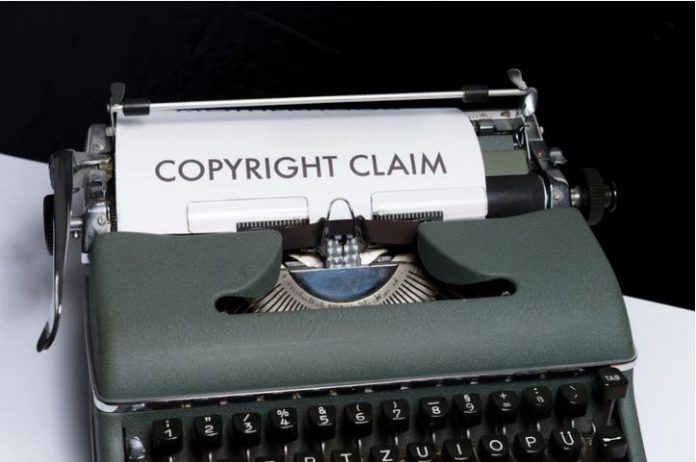Newspaper and magazine articles are often based on interviews. Interviews are an integral part of journalism but many people don’t realize that this simple exercise of asking and answering questions has some complex issues of ownership.
If you have never conducted and interviewed, then you may not have given any thought to the ownership and copyright aspect of an interview.
An interview is not merely two people having a conversation, but an interaction that has some legal ramifications.
The primary issue is who owns the interview: interviewee or interviewer. The US Copyright Act of 1976, defines the copyright ownership as linked to originality and fixation.
The ownership is for the “Original works of authorship fixed in any tangible medium of expression.
It is the fixation requirement that can be a little troublesome. The interview will be fixed only if it is captured in a copy that is permanent allowing it to be: perceived, reproduced, and communicated.
If there is an audio copy, video copy, or if the entire interview is in shorthand then the interview is fixed. But if the interview notes are only from parts of the interview then only the portion of the interview that is detailed will be considered fixed.
To get the maximum protection under Federal Law the interviewee must also give their consent for the interviewer to record the interview.
Rosemont Enterprises v. Random House (1966) was one case where the courts decided that interviewer was the copyright owner of an interview.
In this case the court’s decision was in part based upon the consent of the interviewee. If any of the requirements are not fulfilled, then Federal Laws do not apply. You must however note that ideas discussed in the interview are not protected by copyright law.
Here are some tips if you want to conduct an interview:
1. Make sure you get written consent from the interviewee for maximum protection under the Federal Law.
2. Always inform the interviewee that you wish to use the interview copy for commercial purpose.
3. Resolve any issues regarding the copyright beforehand with the interviewee.
4. Ensure that you have covered the fixed condition for the interview.
Interviews are great ways to access the knowledge that people have, and get their views on issues. They also benefit the interviewee by giving them an opportunity to speak up and make their opinions known.
Just take care that all the legal requirements have been met, so it does not become a bad experience for anyone.

